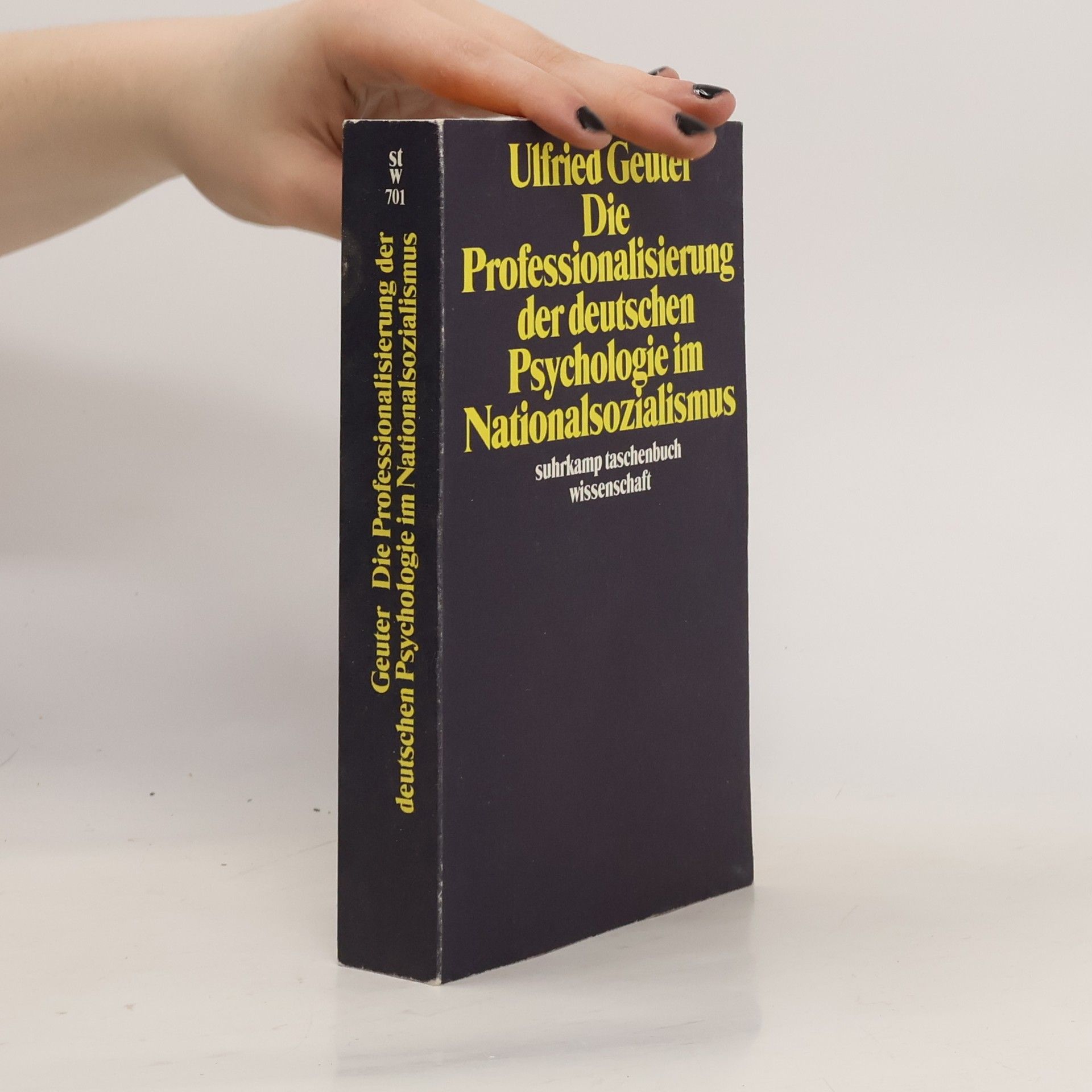Inventing our Selves
- 232 Seiten
- 9 Lesestunden
Inventing Our Selves radically approaches the regime of the self and the values that animate it.
Diese wissenschaftliche Reihe taucht tief in die reiche und sich entwickelnde Geschichte des psychologischen Denkens in verschiedenen Kulturlandschaften ein. Sie untersucht akribisch die komplexen Beziehungen zwischen Psychologie und anderen Disziplinen, einschließlich Philosophie, Medizin und Soziologie. Die Sammlung bietet tiefe Einblicke in die historischen und theoretischen Grundlagen der Psychologie und spricht sowohl Akademiker als auch alle an, die sich für Geistesgeschichte interessieren.



Inventing Our Selves radically approaches the regime of the self and the values that animate it.
As a philosopher, psychologist, and physician, the German thinker Hermann Lotze (1817-81) defies classification. Working in the mid-nineteenth-century era of programmatic realism, he critically reviewed and rearranged theories and concepts in books on pathology, physiology, medical psychology, anthropology, history, aesthetics, metaphysics, logic, and religion. Leading anatomists and physiologists reworked his hypotheses about the central and autonomic nervous systems. Dozens of fin-de-siècle philosophical contemporaries emulated him, yet often without acknowledgment, precisely because he had made conjecture and refutation into a method. In spite of Lotze's status as a pivotal figure in nineteenth-century intellectual thought, no complete treatment of his work exists, and certainly no effort to take account of the feminist secondary literature. Hermann Lotze: An Intellectual Biography is the first full-length historical study of Lotze's intellectual origins, scientific community, institutional context, and worldwide reception.
Der Aspekt der Professionalisierung der Psychologie, ihre Entwicklung von einer vor der NS-Zeit noch weitgehend rein akademischen Disziplin zu einer Profession mit eigenen außeruniversitären Berufsrollen und einem berufsbezogenen Ausbildungssystem, steht im Vordergrund der Studie. Warum, fragt Geuter, ist diese Entwicklung gerade während der nationalsozialistischen Zeit derart vorangetrieben worden? Die Antwort sucht er in der Entwicklung der Psychologie selbst wie in dem breiten Kontext der Geschichte der nationalsozialistischen Wissenschaftspolitik und der deutschen Wirtschafts- und Militärgeschichte. Geuters Arbeit stützt sich auf eine Fülle von bislang unbekannten Materialien aus verschiedenen Archiven sowie auf 39 Gespräche mit Zeitzeugen.